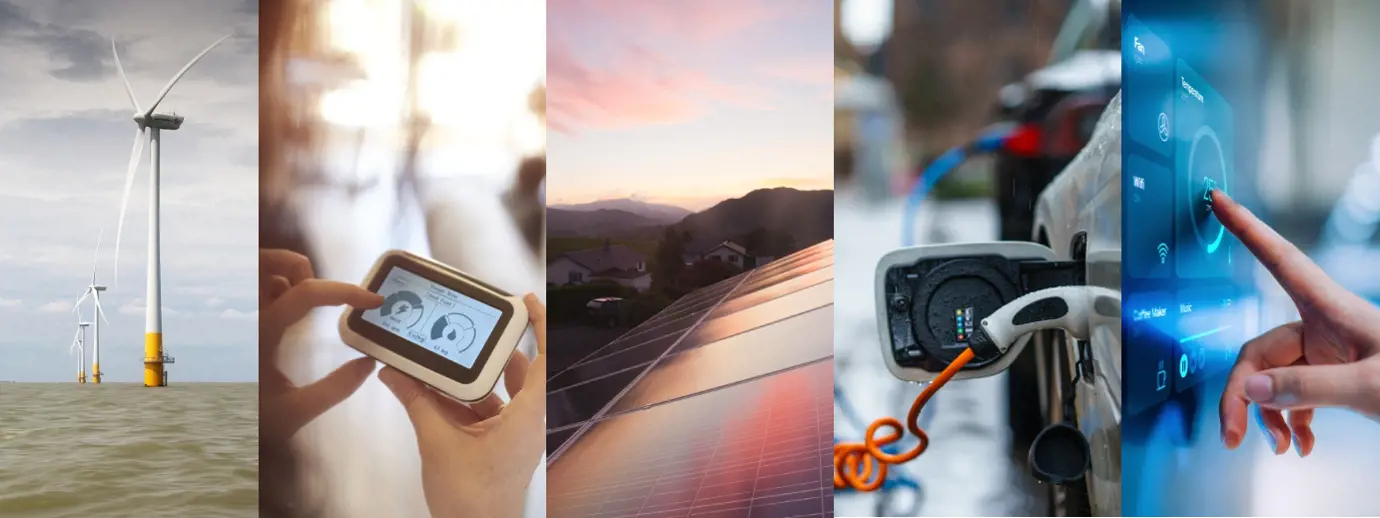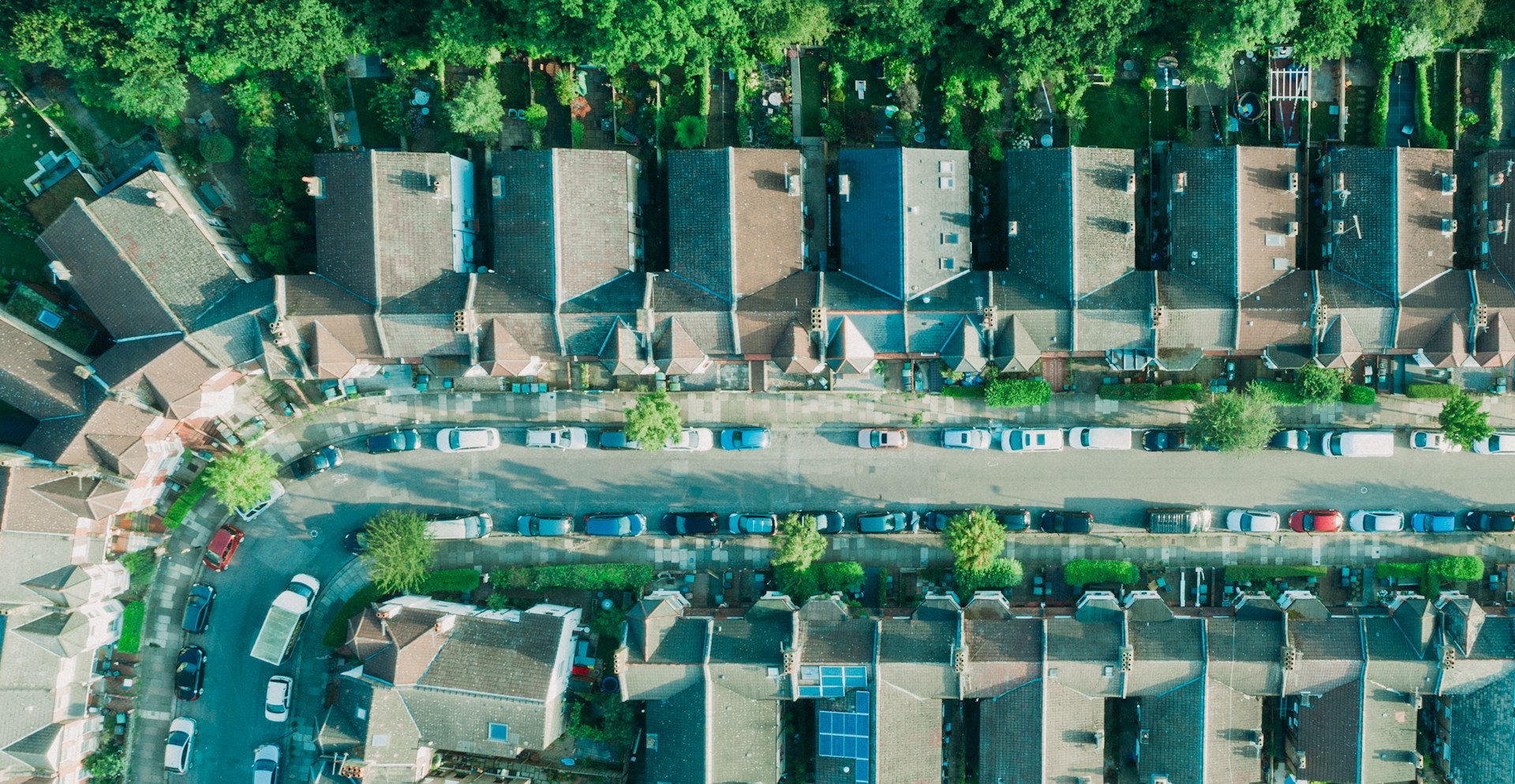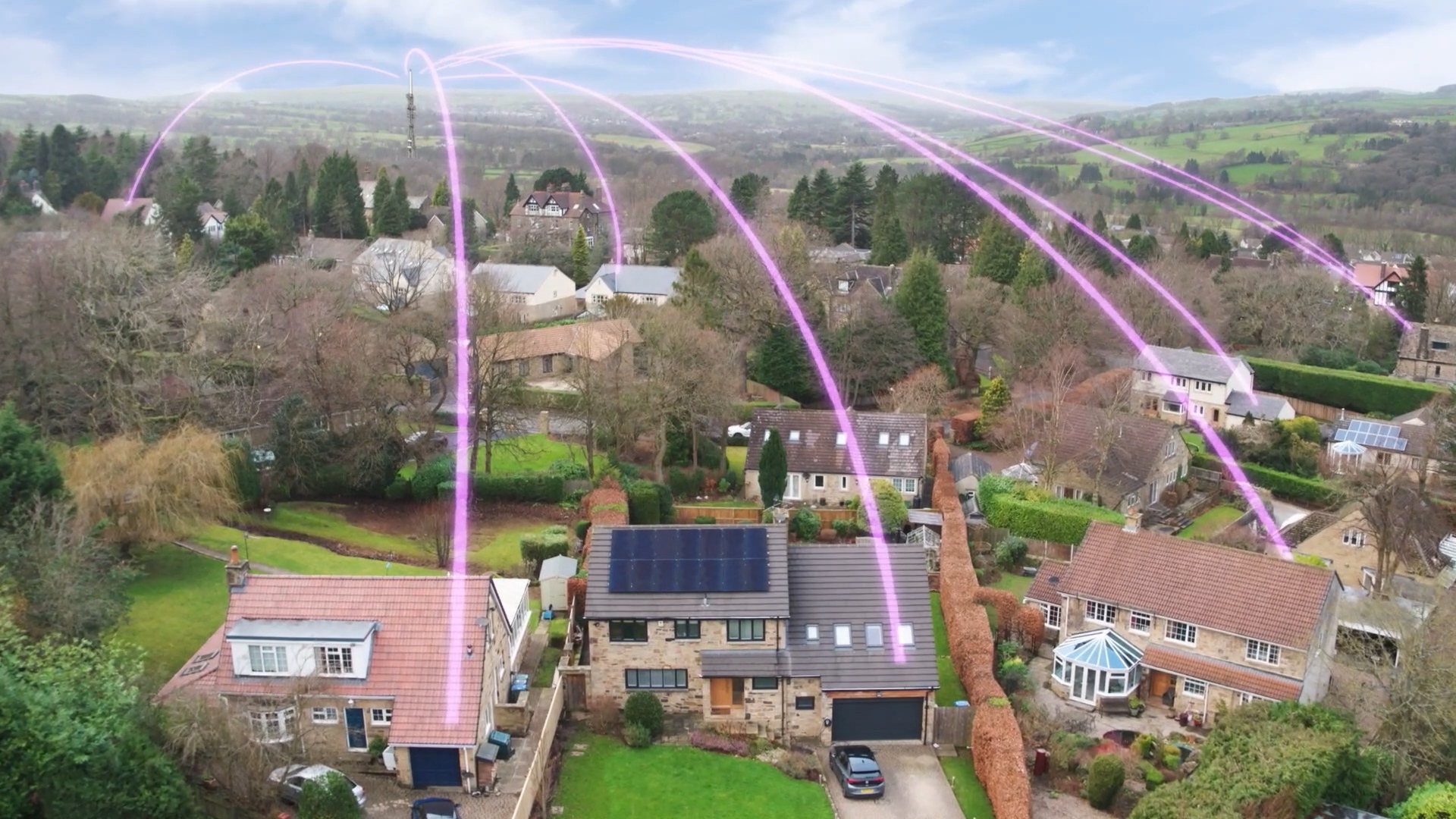At the DCC our mission is to make Britain more connected, so we can all lead smarter, greener lives. Every year, as part of our licence conditions, we produce a five-year Business and Development Plan that sets out our priorities.
This plan is for our customers and stakeholders across the energy industry and sets out how we are continuing to support the smart meter roll-out and evolving the network to meet their needs. The core of what we do is to design, build, secure and run a reliable smart metering service that will operate a national network of 55 million meters in 33 million homes.
The DCC forms the digital spine of the energy system and there are now more than 21 million meters connected to our network.
Within the next 12 months, more than half of the homes in Britain will have an interoperable smart meter that can work between energy suppliers and have the capability to provide half-hourly meter reads. To achieve this, we are focused on enabling our customers’ SMETS2 roll-out, the migration of SMETS1 meters, as well as empowering energy consumers through the delivery and operation of faster energy supplier switching (which has recently gone live).
The DCC plays a pivotal role supporting the energy transition and UK’s journey to Net Zero. Our network is already providing detailed and critical data needed to understand future energy demand. As we move to more sustainable generation sources, the proportion of weather-dependent generation powering our homes and industries will increase significantly.
The UK’s new smart electricity grid will address these challenges by balancing supply patterns with new demand that will emerge from the widespread adoption of technologies such as EVs and heat pumps.
DCC is focused on supporting Distribution Network Operator (DNOs), with their new challenges, as they build the Distribution System required to support the future Smart Grid.
Network resilience and continuity of service are critical to our customers. Therefore, over the next few years, our Network Evolution Programme will enhance our platforms to accommodate growing demand, enable us to continue to reduce underlying costs and improve software change cycle time to market.
At the time of writing this document the DCC, working with BEIS, are soon to announce the detail on how we will develop our next generation 4G communications hub which will incorporate the enhancements requested by our customers. We need to do this because our network already carries over a billion messages a month. In order to ensure that it continues to meet our customers’ emerging needs we are working on plans to enhance our core messaging platform, the DSP, can deliver faster in-life changes with reduced planned network outages and greater availability.
These changes will protect the future resilience of our network, making sure that it remains fit for purpose through to the 2030s and beyond.
We continue to work hand-in-glove with our regulator and across Government to ensure that our vision is fully aligned with the developing pathways of the ongoing energy transition. Our network’s nationwide reach and connectivity, built around best in class security, constitute a unique asset that can be re-used by our customers. This, in turn, will allow Government to implement policy interventions to deliver the Net Zero energy transition and deliver greater value to consumers.
We want to ensure we deliver a quality service for all our customers and meeting their requirements is central to everything we do. This year will see the full introduction of the revised Operational Performance Regime (OPR), the process by which the DCC’s performance and financial incentives are assessed by Ofgem.
Customer engagement is, rightly, a core component of this framework; and we continually strive to find the most effective ways of communicating with our customers and involving them in our decision-making.
Over the last few years, we have been investing in, and improving on, our engagement with customers. In particular we are working on improving the level of transparency in relation to business cases and associated costs so customers will be seeing much more direct engagement in this area. We are also committed to continuous improvement and have invested in training our staff to use many new tools and techniques. Within this Business and Development Plan, we outline how we will not only deliver mandated new requirements but also simplify our processes.
Continuity of service is a key licence obligation for the DCC, and we are constantly reviewing both our own capabilities and performance as well as those of our service providers to ensure that our customers and the end consumers have the confidence to rely on our network.
It is with this in mind that the SEC panel has suggested the creation of a transition steering group to examine how the industry, as a whole, can better manage the migration to new services, such as 4G. We welcome this and are working closely with SECAS and our customers to make this a reality.
The recent record-breaking temperatures serve as a stark reminder both that our climate is changing and of the urgency to deliver our Net Zero commitments, through the transition to a digital, flexible energy system, that is driven by smart meter data and new technological capabilities. This is core to enabling the decarbonisation of energy and allowing us all to lead smarter, greener lives.

Angus Flett
CEO, Smart DCC
Related documents
Further reading






